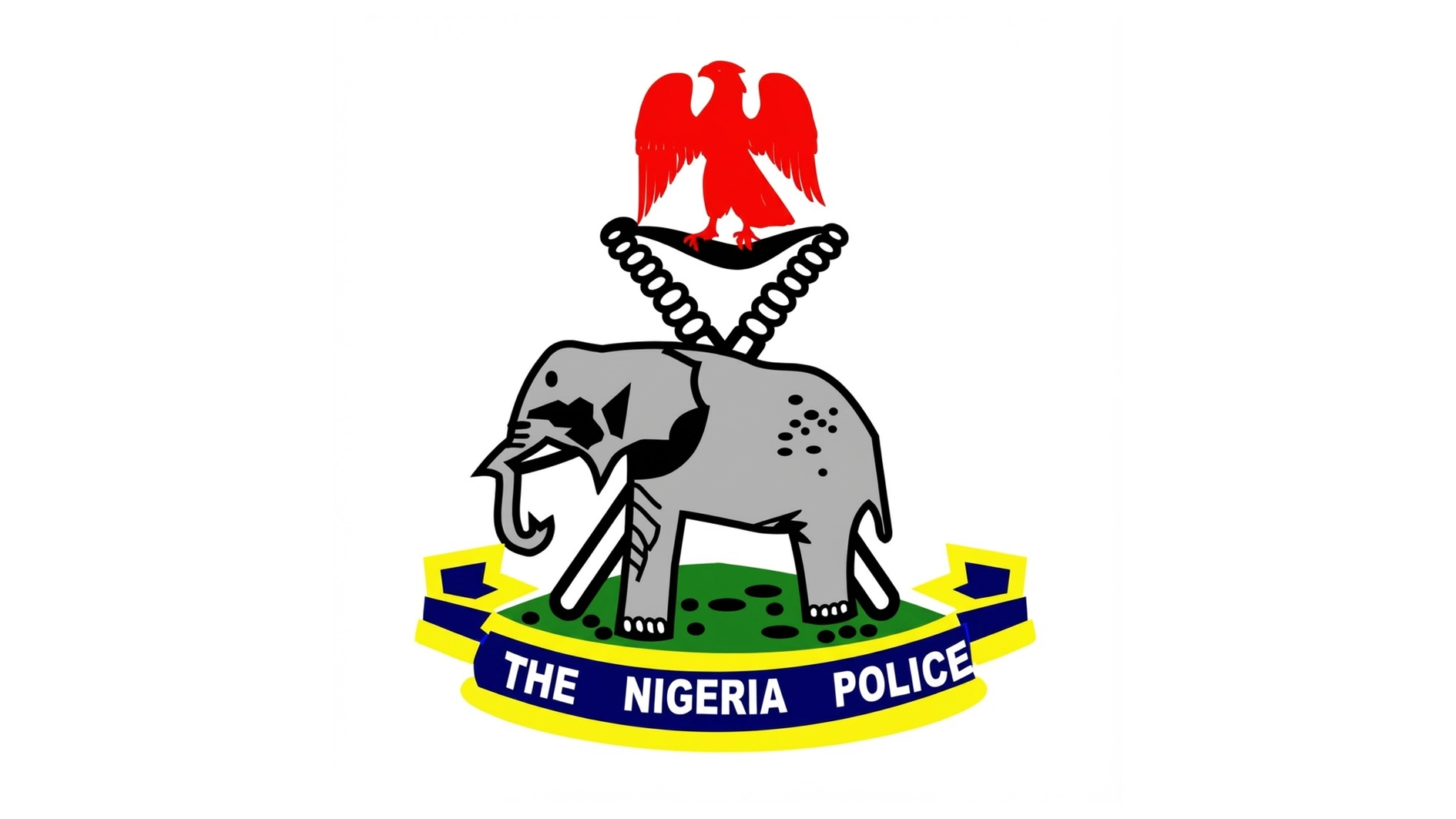The Nigeria Customs Service (NCS) has handed over donkey bones and skins worth 3.94 billion naira ($1.9 million) to the National Environmental Standards and Regulations Enforcement Agency (NESREA) in Kaduna, officials confirmed on Tuesday.
The Federal Operations Unit (FOU) Zone B of the NCS said the items intercepted in a series of raids across the North included 700 bags of donkey bones valued at 1.86 billion naira and 2,500 pieces of donkey skin worth 2.07 billion naira.
The seizures were made on different dates, with the skins intercepted on September 18 and the bones in an earlier operation.
Comptroller Aminu Sule, head of the FOU Zone B, described the handover as a major step in enforcing Nigeria’s environmental laws and curbing illegal trade in endangered species.
“This seizure sends a strong warning to traffickers that the Nigeria Customs Service will not tolerate the exploitation of endangered animals,” Sule said during the handover ceremony.
“Donkeys are a lifeline for many rural communities, and their depletion threatens livelihoods and ecological balance.”
He noted that the service had intensified surveillance along major trade routes linking the Sahel and West African subregions, where donkey parts are trafficked for export to Asia, particularly China, for use in traditional medicine and beauty products.
Hene Emmanuel, NESREA’s Kaduna State Coordinator, praised customs officers for what he called “a proactive and coordinated operation.” He said the agency had commenced an investigation into the source and intended destination of the items.
“Donkey part trafficking poses grave ecological, economic and moral challenges,” Emmanuel said. “We will ensure the confiscated items are properly handled and that those involved face the full weight of the law.”
Nigeria remains one of Africa’s hotspots for illegal donkey trade despite a national ban on the killing and export of donkeys and their derivatives.
According to the Ministry of Environment, more than 1.4 million donkeys have been slaughtered across West Africa in the past decade, raising fears of extinction.
The Kaduna handover ceremony was attended by representatives of security and regulatory agencies, reflecting what Sule described as a “renewed synergy” between enforcement bodies under the directive of Comptroller-General Adewale Adeniyi.
He urged citizens to report suspicious movements of wildlife products, stressing that such cooperation was crucial in safeguarding Nigeria’s biodiversity and meeting international environmental obligations.






